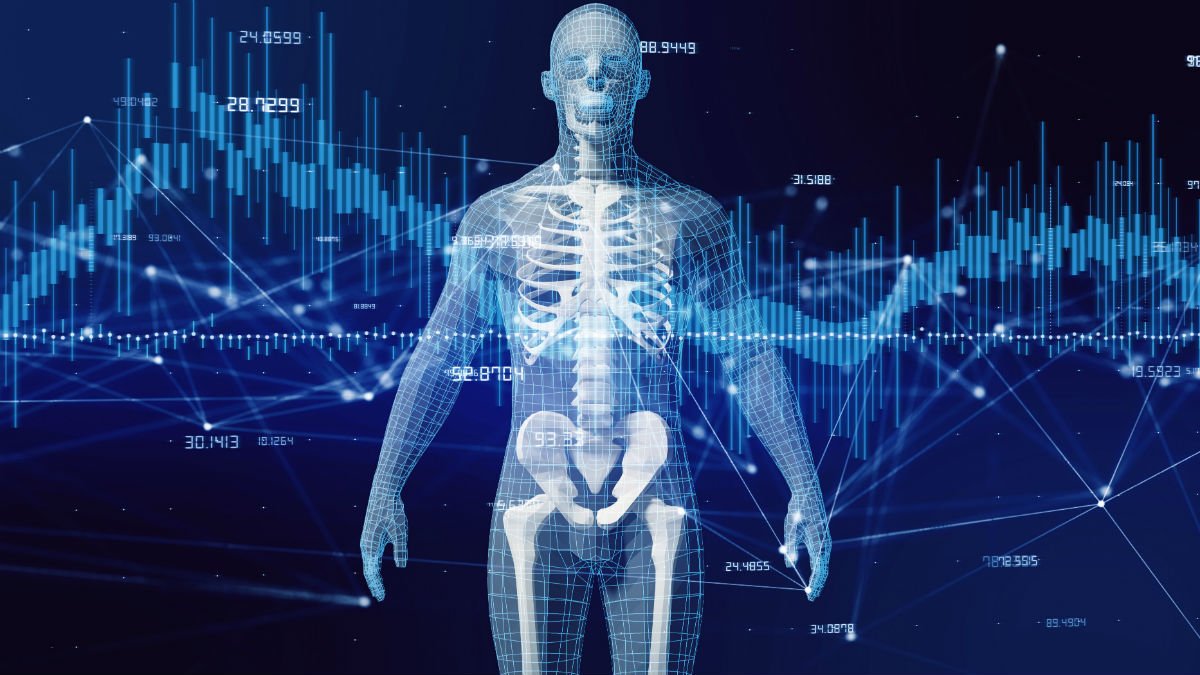Bone health not improved by increasing protein intake in healthy adults
Increasing protein intake beyond official recommendations has little to no benefit for bone health in healthy adults, new research in the journal Osteoporosis International reports.

In the most comprehensive study of its kind, researchers from the Department of Nutritional Sciences at the University of Surrey investigated if protein intake can impact bone health of adults and children.
Examining 127 previous studies published over a 40 year period, which scrutinised the link between protein and bone density, bone mineral content and relative risk of osteoporotic fractures, researchers discovered increasing protein intake had minimal benefit for bone health in healthy adults.
Researchers found that only 4 per cent of bone density and bone mineral content in adults is dependent on protein intake with the remaining 96 per cent due to other factors. These were not examined in the research but could include other nutritional factors including, age, body weight and genetics. For children a strong relationship between protein intake and bone health was identified, accounting for up to 14 per cent of bone mineral content. However, in adults protein supplementation via protein shakes or tablets was also not found to reduce the risk of fractures nor improve bone health. No detrimental effect of having an increased protein intake was identified.
Confusion currently exists about the role of protein in the skeletal system and if it has a positive or negative impact. Protein is a chain of amino acid molecules and is a necessary part of our diet to help cell growth and repair. Proponents of a positive link highlight dietary protein’s known ability to increase secretion of an insulin-like growth hormone which stimulates development. They point to its role in increasing calcium absorption from the gut which is likely to be beneficial for bone mineralisation. Opponents argue that a high intake of protein, which is rich in sulphur amino acids, may be bad for bone health as it increases body acidity resulting in a rise in osteoclast activity which absorbs bone tissue during growth and healing.
Lead author Dr Andrea Darling, Research Fellow at the University of Surrey, said: “Protein is an essential part of our diet and is required for a number of bodily functions including cell growth and repair. What we have found is that in healthy adults, who are meeting the nutritional requirement for protein, increased levels of protein has no extra benefit for bone health, but equally is not detrimental. This may differ in the older population who tend to have lower protein intakes and whose bones have become weaker with age. Moreover, more research is needed to examine the impact extra protein can have on this particular group.”
Media Contacts
External Communications and PR team
Phone: +44 (0)1483 684380 / 688914 / 684378
Email: mediarelations@surrey.ac.uk
Out of hours: +44 (0)7773 479911
